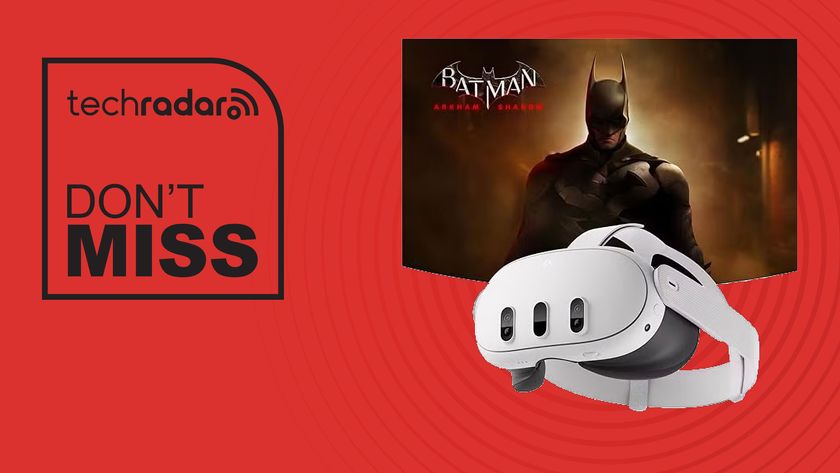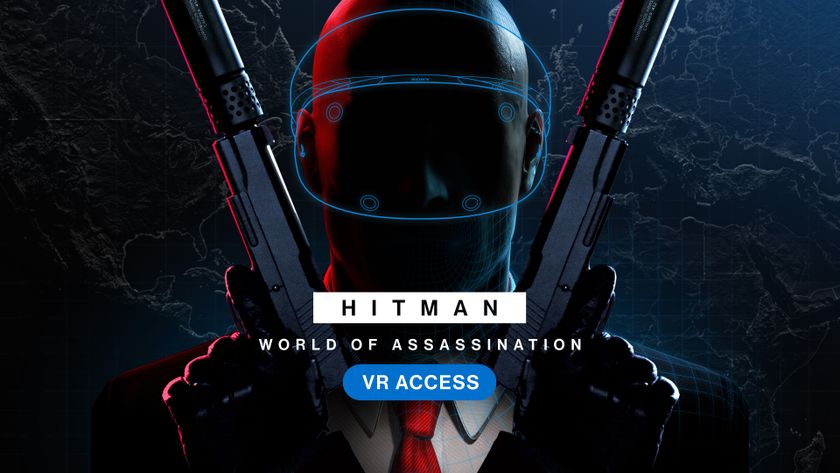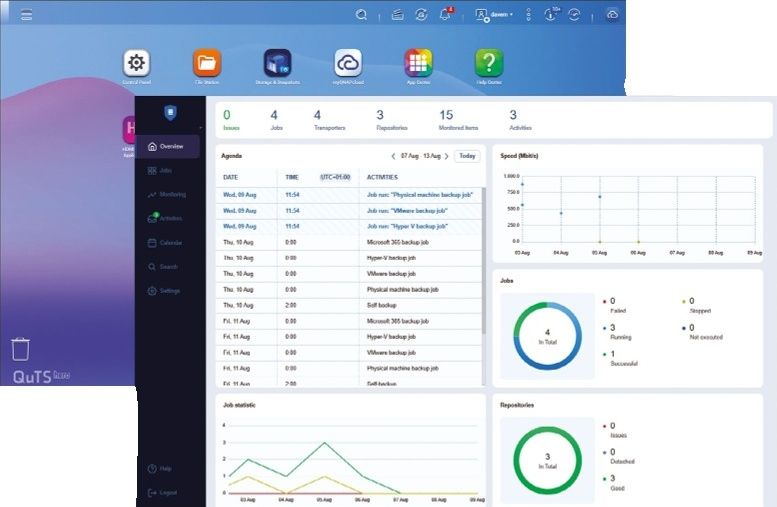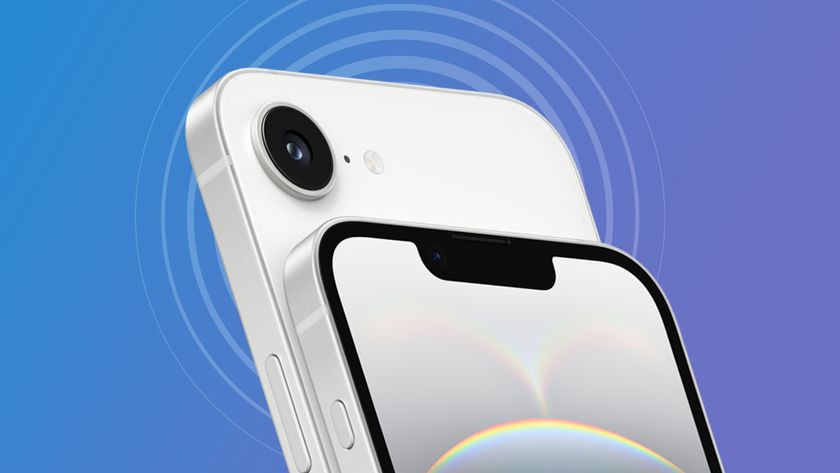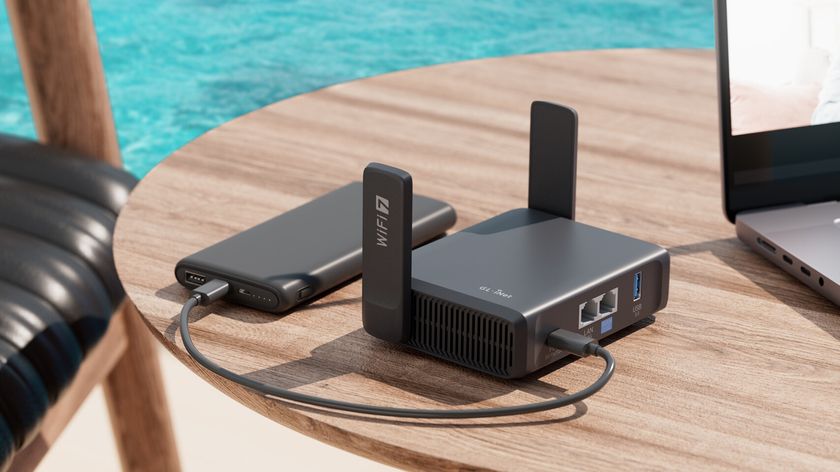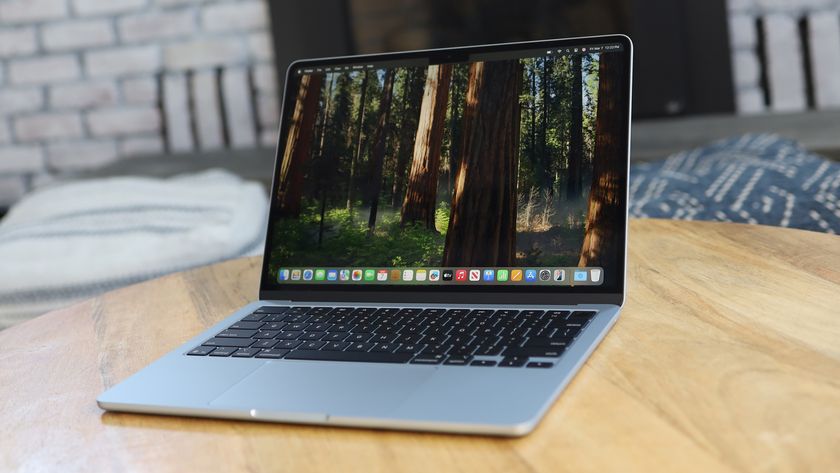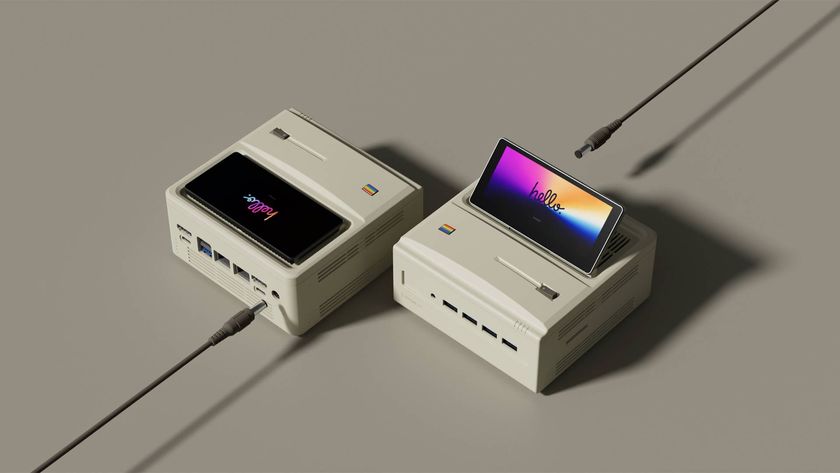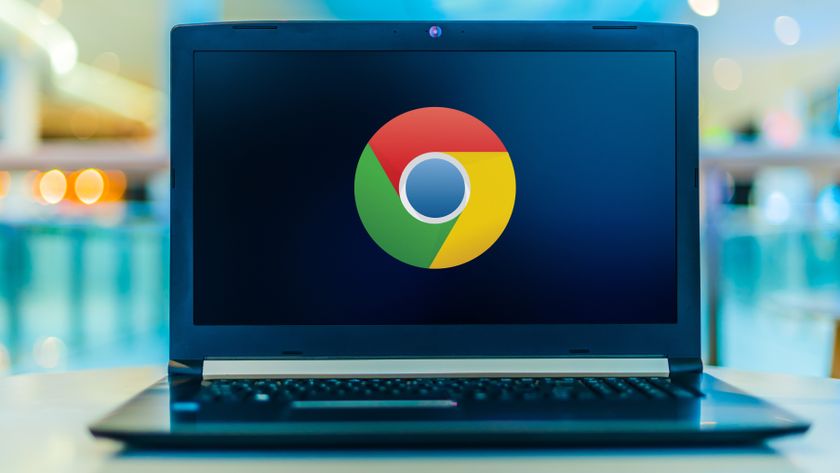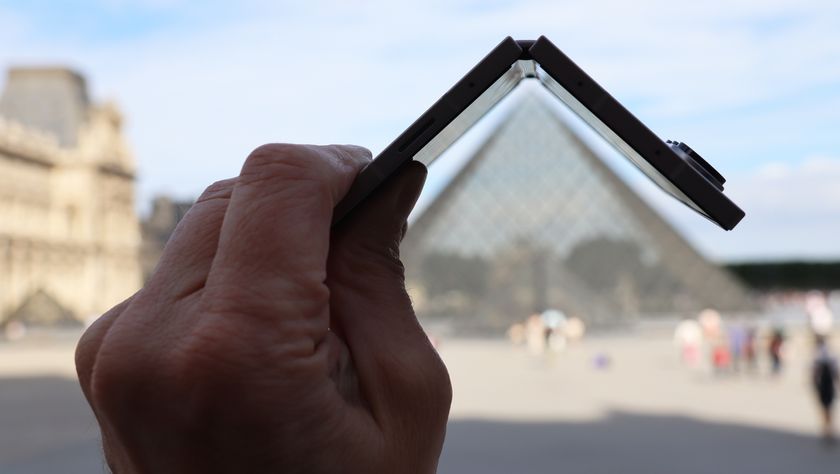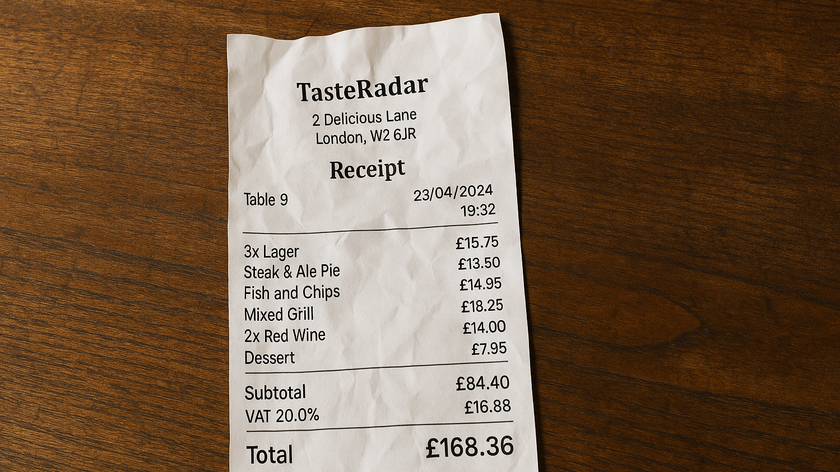Oculus Rift has lost its touch by pricing itself out of the VR market
If only we could pay for it with virtual money, too.
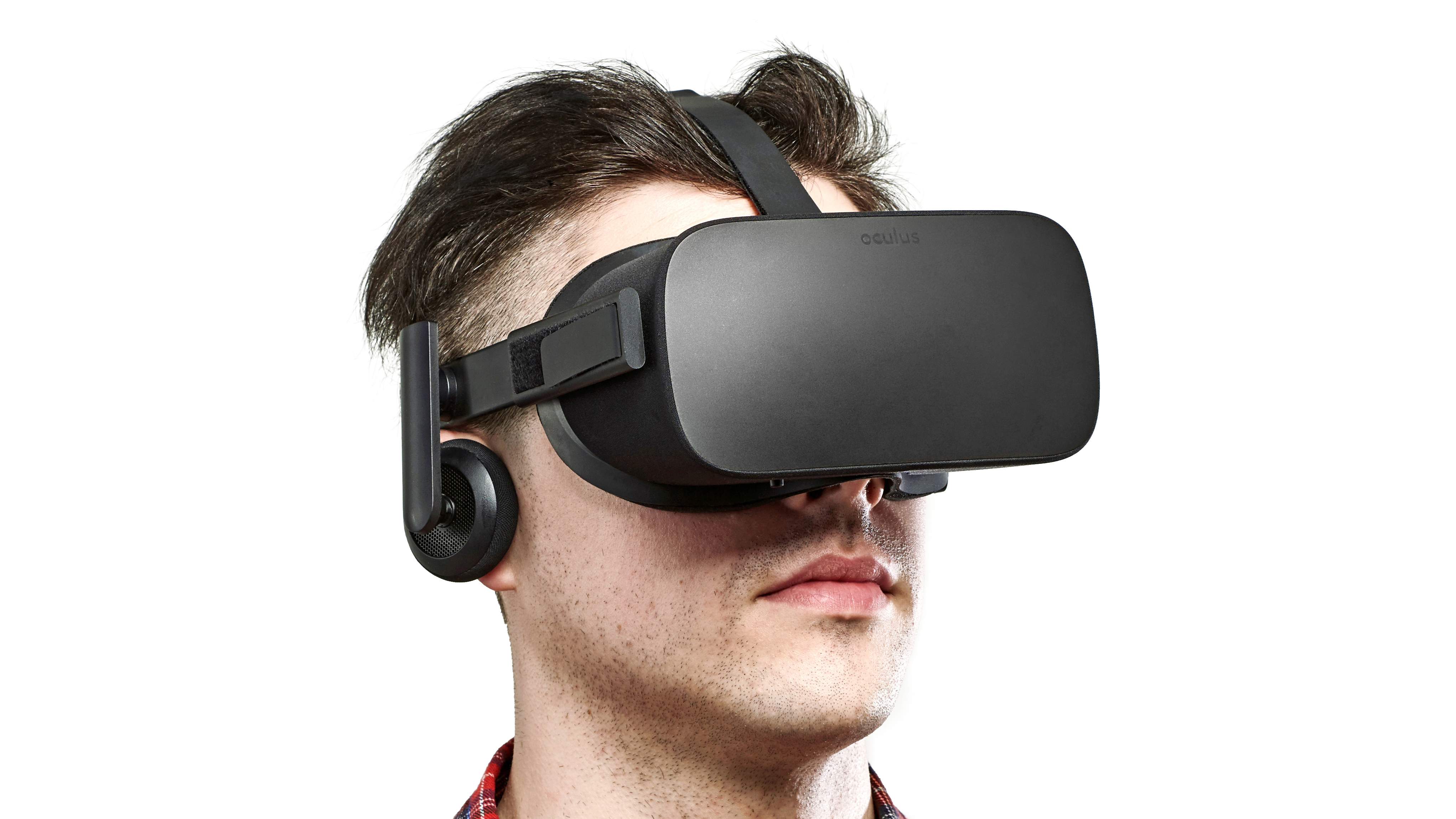
Oculus Rift began life as the poster child for the virtual reality revolution. Born from the garage musings of teenage tech prodigy Palmer Luckey, its early Kickstarter campaign inspired people to give VR another chance, shaking off the relics of its 90s arcade past.
But recent months have seen its crown (or should that be visor?) slip. And the news that its Oculus Touch controllers will cost £190 at launch has seen its position become even rockier.
- You may need to upgrade your graphics card for VR
Losing touch
Rift pretty much loses the lead it had in price
In the US, those Touch Controllers, priced as a straight conversion, would come in at $250, and AU$325 for Australian VR fans.
Local international pricing of course could come in a little lower, but once you factor in the £549 UK cost of the headset itself, Oculus Rift comes close to losing the lead in price it had over its biggest competitor.
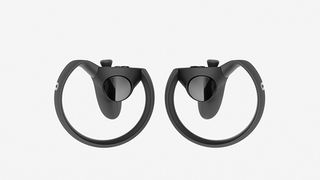
Many balked at the price of the HTC Vive, Oculus' main rival in the PC VR space. It came pre-packaged with a pair of large but intuitive VR controllers, at an initially eye-popping £689 ($799, AU$899) price.
But with a combined cost of £739, the Oculus Rift now tops even the Vive's launch price. Brexit has driven the price of Vive up to £759 now sadly - but even if the smaller Oculus Touch controllers prove more responsive than the Vive's, that's still £739 for the combined Oculus gear before you factor in the HTC Vive's room-scale camera kit, allowing you to move around the virtual spaces presented by the headset.
Get daily insight, inspiration and deals in your inbox
Sign up for breaking news, reviews, opinion, top tech deals, and more.
Oculus has plans to introduce player-tracking room scale experiences of its own, but it won't be able to do them without extra room-scanning peripherals - the cost of which is already accounted for in the Vive's existing price tag.
It's been suggested that the Oculus Touch controllers will be packaged with an extra Constellation tracking sensor to pull off room-scale VR. Which would be great, and dull the pain of that price tag. But Oculus would still have the problem of being late to the game for anyone that's already experienced Vive's room-scale freedom. HTC has let the genie out of the bottle, and Oculus Touch will struggle to match its competitor's debut impact as a result.
Here comes a new challenger!
That's all before you even start to take into account Oculus's most-dangerous rival - PlayStation, with its PlayStation VR kit.
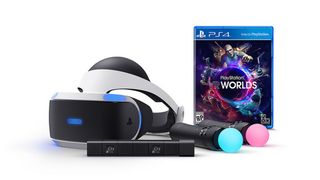
Set to be released on October 13, it's priced at £349 ($399) - though that doesn't include the sold-separately and required £44.99 ($59.99) PlayStation 4 Camera unit.
£464 ($510) for the full PS VR experience
That's £394 ($460) for the minimum kit needed (not including the console itself - though that's likely cheaper than any PC accompanying the Oculus anyway), while its PlayStation Move motion controllers cost just £69.99 (around $50) for a pair.
So, £464 (around $510) for the complete PS VR experience - still pricey, but significantly cheaper than the PC alternatives. And of course you'll also need to shell out for a PS4 if you haven't already got one.
It's worth noting however that the PS VR kit is the least flashy of the big three VR headsets, with its resolution at 960 x 1080 per eye, as opposed to Vive and Rift's 1080 x 1200 per eye.
Halo effect
With its lower price and installed userbase of over 43 million, the PlayStation VR kit is expected to take an early lead over the Oculus Rift (with the Rift only officially launching through UK retail channels this week) and Vive.
The Rift's abilities currently pale in comparison to Vive's
But it's possible that the PS VR will have a halo effect on the virtual reality market as a whole, with entranced PlayStation gamers looking for the high-fidelity fixes the PS VR's competition offers.
Still, it's a discussion that we really shouldn't be having. From a trailblazing position, the Oculus Rift's abilities currently pale in comparison to Vive's room-walking experiences, and its price far more difficult to stomach than its PlayStation console alternative.
Factor in its continued production delays (we're still just looking at a loose "winter" release date for the Oculus Touch controllers), a lack of triple-A titles and relative lack of marketing push, and Oculus no longer looks like the one to watch.
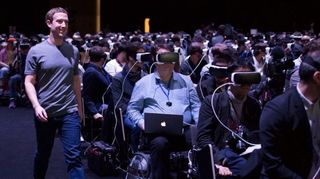
You have to wonder where Facebook's involvement factors into this. With Zuckerberg's near-limitless funds bankrolling Oculus now, perhaps it's playing the much longer game.
Indeed, a recent Bloomberg profile on the company put the emphasis on Oculus's ongoing research and development work, while Zuckerberg has hinted at a desire to expand the Rift's audience beyond gamers and into the social networking space.
But for those that saw Luckey's original idea grow from a forum post to an actual VR headset, it's becoming hard not to feel burned - at least in the pocket.
- Here are the best VR games for PC and mobile
Gerald is Editor-in-Chief of iMore.com. Previously he was the Executive Editor for TechRadar, taking care of the site's home cinema, gaming, smart home, entertainment and audio output. He loves gaming, but don't expect him to play with you unless your console is hooked up to a 4K HDR screen and a 7.1 surround system. Before TechRadar, Gerald was Editor of Gizmodo UK. He is also the author of 'Get Technology: Upgrade Your Future', published by Aurum Press.

